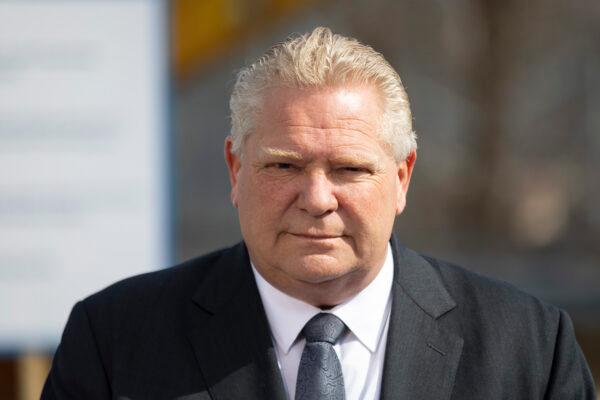With the price of gasoline crossing the $2-per-litre mark and other cost-of-living-related concerns, here’s a look at where Ontario political parties that have at least one MPP in the current legislative session are offering ahead of the June 2 vote. Parties are presented in order of the number of seats they hold in the legislature, from highest to lowest, and in the case of sole-MPP parties, the length of time the MPP served with the party.
Progressive Conservative Party of Ontario

Progressive Conservative Party of Ontario Leader Doug Ford. The Canadian Press/Chris Young





